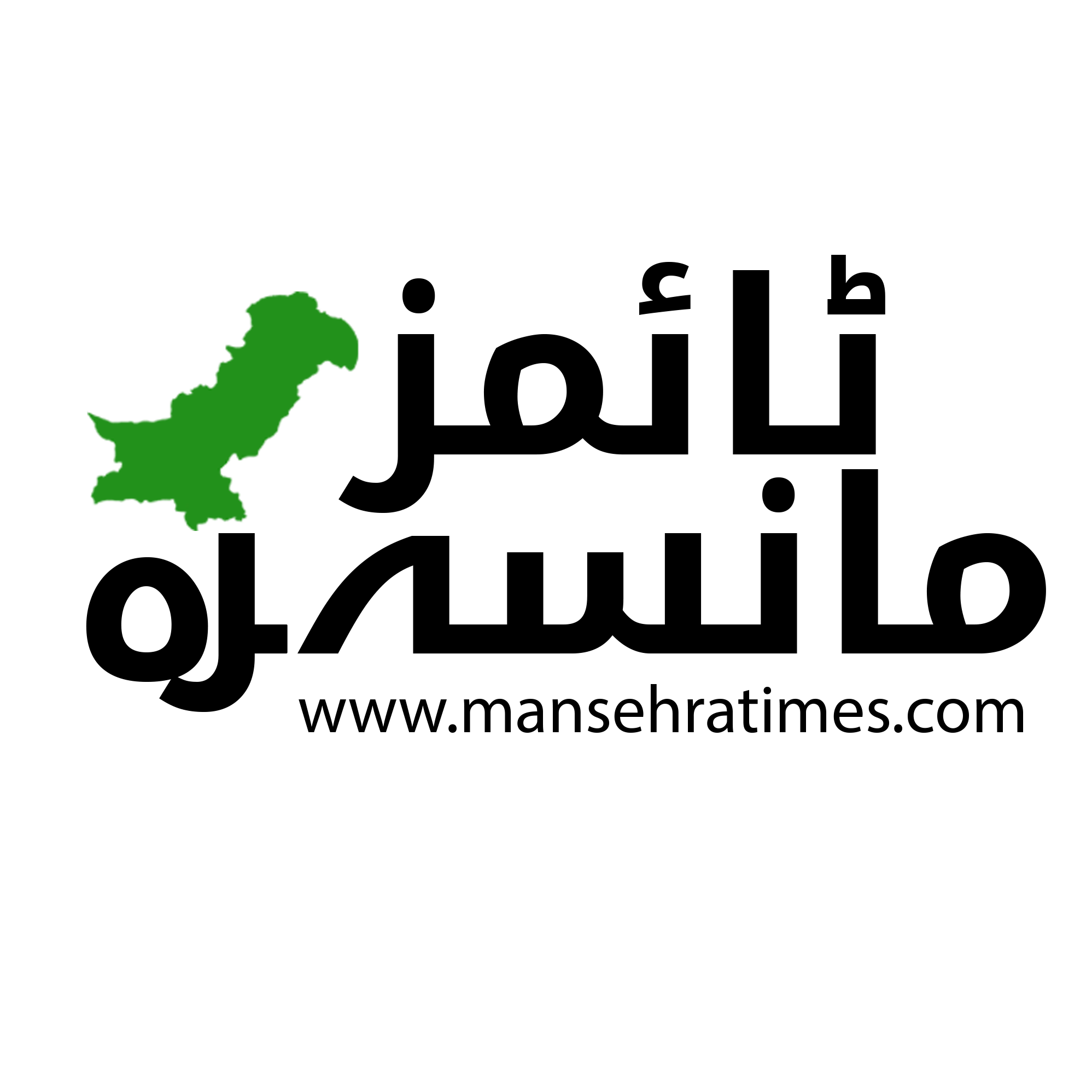After the Supreme Court docket heard oral arguments over a regulation that might ban TikTok, it seems to be like one in every of its final attainable lifelines is unlikely to reserve it from the approaching ouster.
TikTok shall be banned from the US until both the Supreme Court docket blocks the regulation from taking impact earlier than the January nineteenth deadline or its China-based father or mother firm, ByteDance, lastly agrees to promote it. A sale — and return — of TikTok may occur after the deadline, and President-elect Donald Trump might get artistic in making an attempt to not implement the regulation as soon as he’s sworn within the subsequent day. However the longer it takes, the shakier issues search for TikTok.
Bloomberg Intelligence senior litigation analyst Matthew Schettenhelm gave TikTok a 30 p.c probability of successful on the Supreme Court docket earlier than oral arguments, however he lowered that prediction to simply 20 p.c after listening to the justices’ questioning. TikTok made a last-ditch plea for the court docket to problem an administrative keep with out signaling a ruling on the regulation’s deserves, one thing Trump has urged so he can try to dealer a TikTok sale. Schettenhelm says that’s unlikely — the court docket doesn’t are inclined to problem that form of pause simply due to a change in administration, he provides, and it’s unlikely to need to set that precedent.
A brief order on the case may come as quickly as Friday afternoon, after the justices are scheduled to satisfy. The court docket can also be scheduled to launch orders on Monday morning, although Schettenhelm warns to not learn into it if nothing is launched by then — it might simply imply they’re fleshing out their reasoning in an extended written order.
Trump has mentioned he’d like to avoid wasting the app, and in concept, he may declare he gained’t implement the divest-or-ban regulation. However Justice Sonia Sotomayor identified that even when he chooses to not implement the regulation, that will not present enough safety for corporations like Apple and Google — which might be fined $5,000 per consumer that accesses TikTok in the event that they keep it of their app shops. US Solicitor Common Elizabeth Prelogar mentioned the statute of limitations is 5 years; these corporations would nonetheless be violating the regulation so long as it stays on the books, and so they may face penalties even after Trump leaves workplace, ought to the following administration select to implement it.
“I assume these corporations can be endeavor huge danger to not adjust to the regulation on the hope that President Trump doesn’t implement it towards them,” Schettenhelm says. “You get into the a whole bunch of billions of {dollars} of potential legal responsibility. And even when President Trump is saying, ‘don’t fear about it, I’m not going to implement it towards you,’ do you actually need to take the prospect that he’s not going to vary his thoughts on that? Do you actually need to give him that stage of leverage over your organization? I doubt it.”
“I don’t see one other social media firm that’s equally located to TikTok.”
Schettenhelm doesn’t imagine a ruling towards TikTok would create a precedent that threatens US-based social media corporations. “I don’t see one other social media firm that’s equally located to TikTok,” he says, declaring that the arguments largely centered round possession. Overseas-owned e-commerce corporations like Shein and Temu that got here up may be one other story. However, he says, “none of that actually jumped out as an imminent danger simply due to this argument.”
In contrast, Cornell College regulation professor and First Modification professional Gautam Hans agrees the justices are unlikely to strike down the regulation, however he worries that such a ruling may have broader implications for different corporations. Throughout arguments, the justices and attorneys for TikTok and its customers mentioned hypotheticals about whether or not permitting a ban on sure sorts of company construction (like possession by a Chinese language father or mother firm) would enable for backdoor speech laws — together with demanding an organization’s proprietor promote it off to punish it for protected speech. However these issues didn’t look like deal-breakers for the court docket.
“What stays unlucky is the credulity with which most of the justices handled this regulation, which clearly implicates free speech rights on underspecified nationwide safety grounds,” Hans mentioned in an announcement. “I don’t assume the excellence on international and home possession is sufficiently steady to allay my issues {that a} ruling upholding the TikTok ban creates a really slippery slope.”

/cdn.vox-cdn.com/uploads/chorus_asset/file/25826016/STK051_TIKTOKBAN_STK463_SCOTUS__CVirginia_B.jpg?w=1200&resize=1200,0&ssl=1)